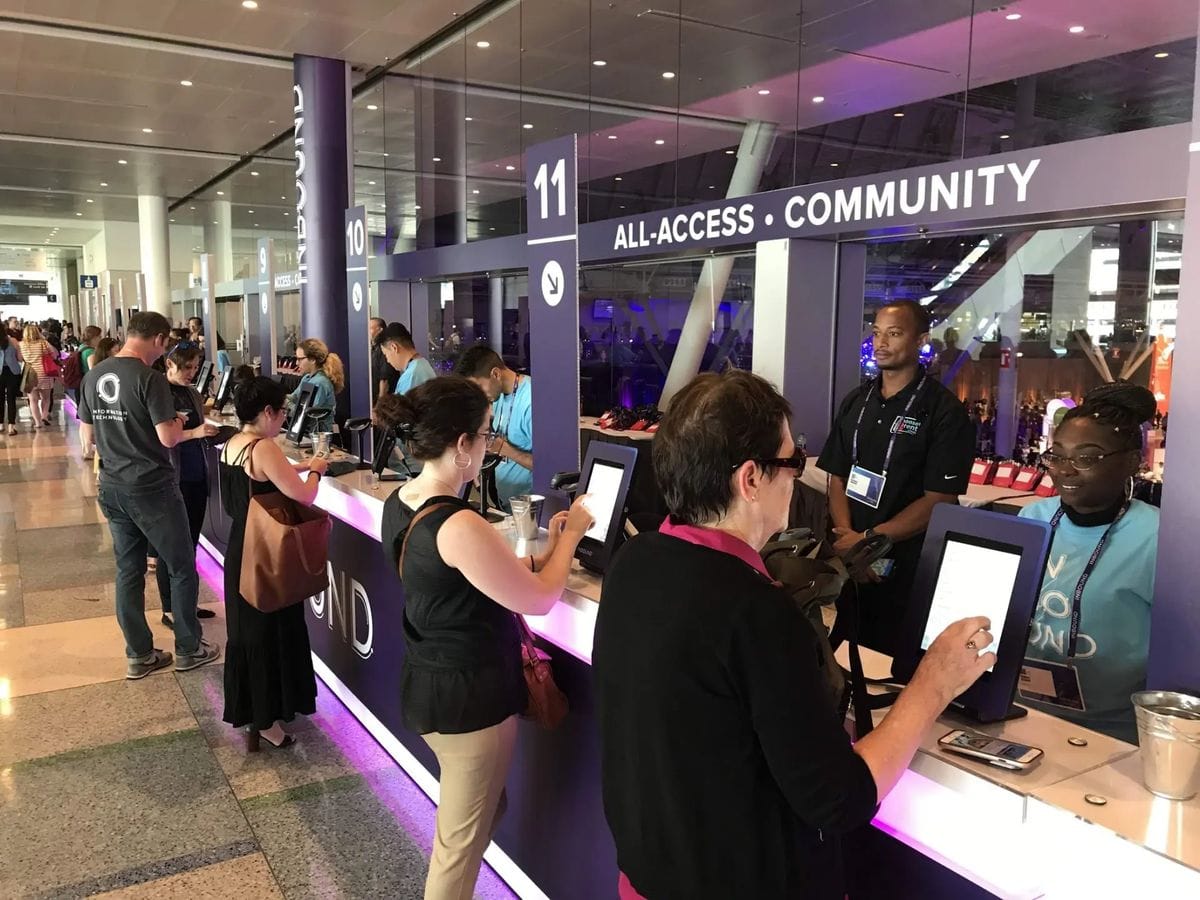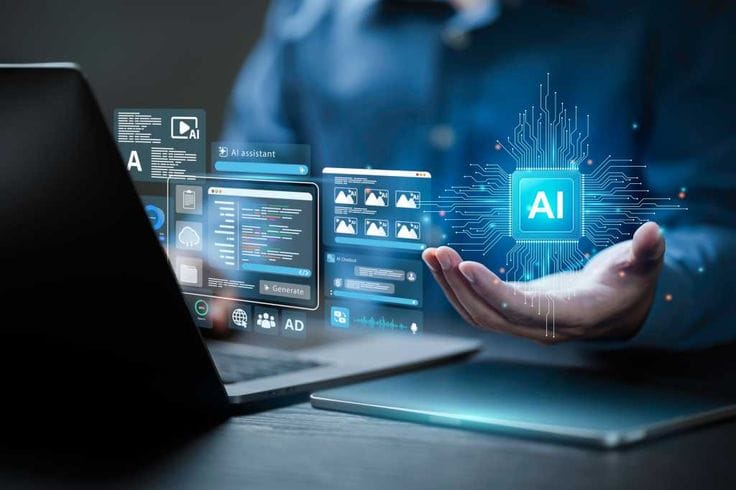The event planning industry stands at a transformative crossroads. Traditional platforms that once revolutionized how we organize conferences, weddings, and corporate gatherings are being eclipsed by a new generation of AI-first event planning systems. These intelligent platforms don't just digitize existing processes—they fundamentally reimagine what automated event management can achieve, creating unprecedented efficiency and personalization.
The Evolution from Manual to Intelligent
Traditional event planning platforms primarily served as digital filing cabinets and communication hubs. Event planners would still make most decisions manually, using software tools to organize information and coordinate with vendors. The AI-first approach represents a paradigm shift where artificial intelligence becomes the primary decision-maker, orchestrating every aspect of event planning with minimal human intervention.
Modern AI event planning systems leverage machine learning algorithms, natural language processing, and predictive analytics to handle complex decision-making processes that previously required years of industry experience. These systems analyze vast datasets of past events, attendee preferences, market trends, and real-time conditions to make optimal choices automatically.

Intelligent Venue Selection and Optimization
AI-first event platforms revolutionize venue selection by analyzing massive datasets that include venue capacity, location demographics, historical pricing trends, weather patterns, and accessibility features. These intelligent systems instantly cross-reference attendee locations with venue options, calculating optimal travel times and costs while factoring in seasonal demand fluctuations and local event calendars.
The AI doesn't just recommend venues—it predicts which spaces will create the most engaging experience for specific audience types by analyzing social media sentiment and past event performance data. Advanced AI platforms integrate with IoT sensors in venues to assess real-time conditions like air quality, acoustics, and lighting, enabling automatic adjustments to room configurations based on attendee comfort metrics from previous events.
Automated Attendee Engagement and Personalization
AI-first event planningtransforms attendee engagement through automated personalization that goes far beyond traditional segmentation. These systems continuously analyze attendee behavior patterns, preferences, and interaction history to deliver hyper-personalized experiences without manual intervention.
Platforms automatically generate custom agendas for each attendee based on their professional interests, networking goals, and past event participation. AI algorithms predict which sessions will resonate with specific individuals and automatically adjust scheduling to maximize engagement. Real-time sentiment analysis of attendee feedback enables instant pivots in programming and content delivery.
Networking facilitation becomes truly intelligent through AI-powered matchmaking that analyzes professional backgrounds, stated interests, and behavioral patterns to create optimal connection opportunities, automatically scheduling meetings and suggesting conversation starters based on compatibility algorithms.
Seamless Vendor and Resource Management
AI-first platforms excel at vendor coordination by automatically managing vendor relationships through performance metrics, cost efficiency, and reliability scores. These systems predict resource needs based on event parameters and automatically adjust orders for catering, equipment, and staffing while negotiating contracts by analyzing market rates and vendor availability.
Supply chain optimization becomes particularly powerful when AI systems learn from thousands of events, predicting potential bottlenecks and automatically implementing backup plans when disruptions occur.
Predictive Analytics and Risk Management
Modern AI event planning platforms incorporate sophisticated predictive analytics to anticipate and mitigate potential issues. Weather forecasting algorithms automatically trigger contingency plans for outdoor events. Social media monitoring can detect emerging trends or potential controversies that might impact event success.
These systems analyze historical data to predict attendance patterns, helping optimize registration processes and prevent overcrowding. They can identify potential security risks by analyzing attendee lists and automatically implementing appropriate safety measures. Financial forecasting becomes more accurate as AI systems learn from past events and market conditions.
Real-Time Optimization and Adaptation
The most impressive feature of AI-first event platforms is their ability to adapt in real-time. Traditional events follow predetermined schedules regardless of how well they're performing. AI systems continuously monitor engagement metrics, attendance patterns, and feedback to make instant adjustments.
If a session isn't resonating with attendees, the AI can automatically modify content, adjust timing, or redirect participants to more engaging activities. Climate control, lighting, and audio systems respond automatically to crowd density and energy levels. Even catering can be adjusted based on real-time consumption patterns and dietary preferences.

The Future of Event Intelligence
AI-first event planning represents more than technological advancement—it's a fundamental shift toward intelligence-driven experiences. These platforms don't just automate existing processes; they create entirely new possibilities for event engagement and optimization.
As these systems continue learning from millions of events, they'll develop increasingly sophisticated understanding of human behavior and preferences. Future AI event platforms will likely predict attendee needs before they're expressed, create entirely personalized event experiences, and seamlessly integrate physical and virtual elements.
The transition from traditional event planning platforms to AI-first systems isn't just about efficiency—it's about creating events that are more engaging, more personalized, and more successful than ever before. For event professionals and organizations, embracing this AI-first approach isn't just an opportunity; it's becoming essential for staying competitive in an increasingly sophisticated event landscape.
The era of truly intelligent event planning has arrived, and it's reshaping how we conceive, execute, and experience events in ways that were unimaginable just a few years ago.


